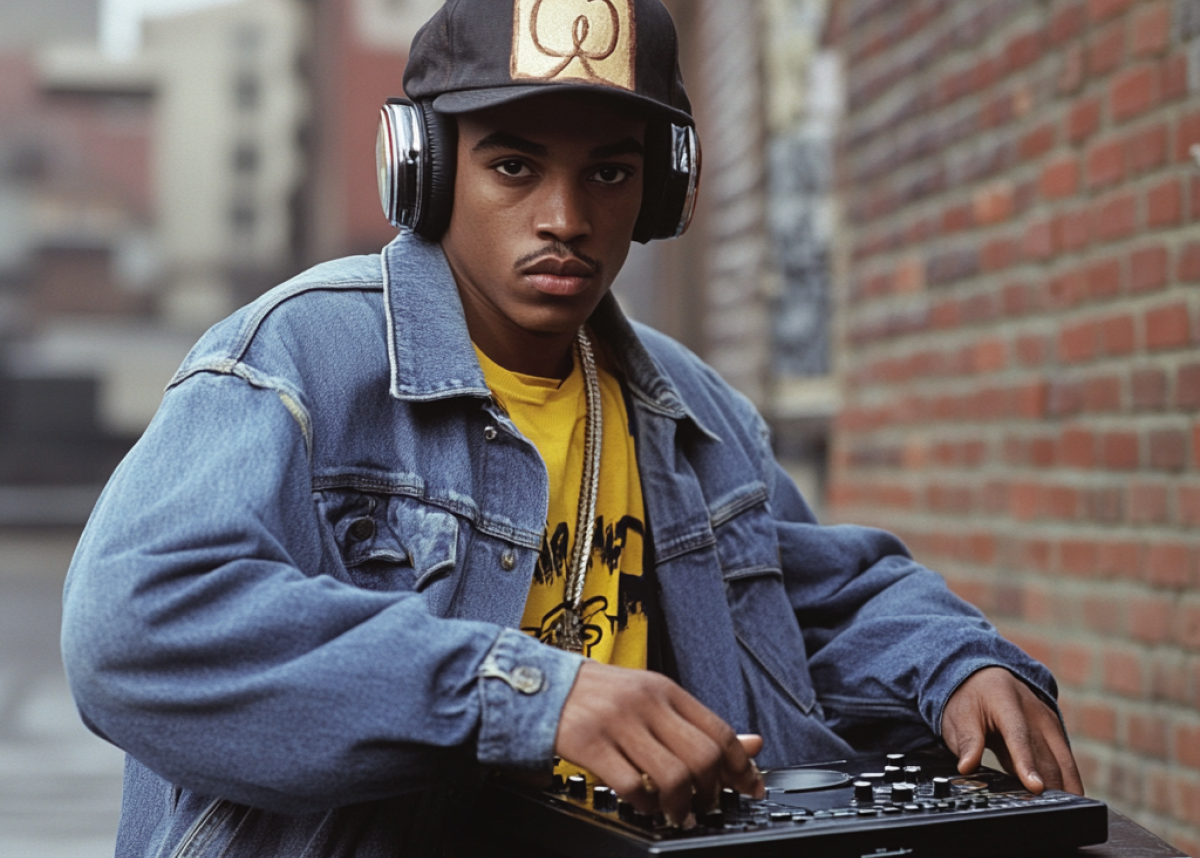It should come as no surprise that when people talk about hip-hop, they’re rarely just referring to the music genre. Over the years, it has become increasingly clear that hip-hop is a global movement—one that has transcended languages and reached every corner of the world.
Beyond the rapid-fire rhymes, iconic feuds and infectious beats, hip-hop embodies a way of life—a culture that celebrates, challenges, and confronts the world around it. What started as a creative outlet for marginalised communities has broken barriers, blending its roots with local traditions to evolve into a worldwide phenomenon.
Hip hop, like every musical genre, boasts a vibrant history shaped by its rich and varied origins, thanks to the tireless creativity of countless artists over the decades. Its influence runs so deep in our lives that we often overlook its presence. Whether you’re chilling at a bar with your homies, groovin’ at the club, enjoying a memorable film, or spinning free slot games at one of the online casinos featured on the NoDepositRewards.org recommended list, there’s a good chance a fresh hip-hop rhythm is setting the tone in the background.
The True Origins of Hip Hop
While the Bronx is often hailed as the birthplace of hip hop, the genre’s roots run deep in African traditions, where rhythm, storytelling, and dance are integral to daily life. One could argue that Griots, West Africa’s traditional storytellers, were the original rappers—using music and poetry to share the stories of their communities, a practice that mirrors hip hop’s signature style.
The transatlantic slave trade carried these rich cultural traditions to the United States, where enslaved Africans preserved and transformed them over generations, blending them with other musical influences. This cultural fusion eventually laid the groundwork for hip-hop, which began to take shape in the South Bronx. Here, it became both a creative outlet and a haven for marginalized communities struggling with economic hardship and systemic oppression.
Political Tool
Over the years, hip-hop has consistently functioned as a powerful political tool, with artists using the genre to expose injustices and shed light on the struggles of their communities under systemic oppression. Its strength lies in its unique ability to connect deeply with individuals while simultaneously addressing broader societal issues.
Chuck D, the leader of Public Enemy, famously described hip hop as the “Black CNN,” underscoring its role in delivering raw, unfiltered truths about the hardships faced by marginalized communities. This idea is powerfully embodied in tracks like Public Enemy’s Fight The Power, Childish Gambino’s This Is America, and Kendrick Lamar’s Alright. These songs channel socio-economic and political grievances into anthems for change, providing a voice for those often silenced.
Beyond its role in exposing social injustices such as racism, poverty, and inequality, hip-hop also serves as a beacon of inspiration and empowerment. The genre has unlocked opportunities for countless artists and creative minds, demonstrating its ability to not only confront oppression but also uplift and transform lives.
Crossing Borders
Thanks to the trailblazers of the 1980s who propelled the genre into the global mainstream with their innovative beats and impactful lyrics, hip-hop now stands as one of the most influential musical genres in the world. Speaking a universal language, it resonates with people in every corner of the globe, seamlessly adapting to local cultures and blending with native sounds and styles to create entirely new movements.
In Africa, for example, hip-hop has fused with native languages and traditional rhythms, evolving into a powerful platform for social and political expression. Artists from Senegal, South Africa, and Nigeria have used the genre to spotlight issues like corruption, social inequality, and cultural identity.
In Brazil’s favelas, the raw energy of grime has become a voice for the underrepresented, while in Puerto Rico, the meteoric rise of Latin trap stars like Bad Bunny shows how hip-hop transcends linguistic and cultural barriers. From Tokyo to Johannesburg and London to Mumbai, hip-hop has become deeply embedded in the cultural DNA of the world.
Everlasting Impact
Hip hop’s enduring impact lies in its remarkable ability to adapt, evolve, and remain relevant. From Kendrick Lamar’s thought-provoking lyricism that challenges social norms to Drake’s genre-blurring innovation, and Burna Boy’s seamless fusion of Afrobeat and hip hop, the genre continually pushes boundaries. At its core, hip-hop retains its power to amplify marginalized voices, staying firmly connected to its roots as it drives forward as a catalyst for social change.
Even amid its massive commercial success, hip-hop has never strayed far from its essence—a platform for storytelling, resistance, and raw self-expression. Its African heritage, rooted in rhythm, oral tradition, and communal storytelling, continues to resonate in the beats, flows, and rhymes of today’s artists. This connection to its origins underscores that hip-hop is far more than a genre of music; it is a global cultural force.
